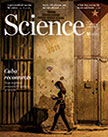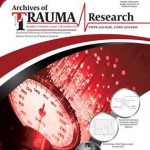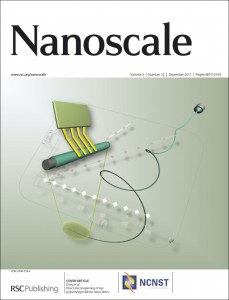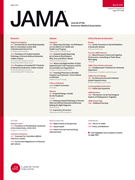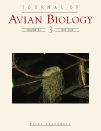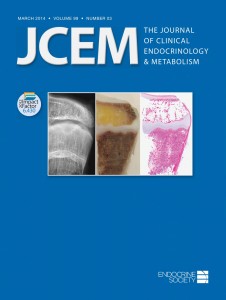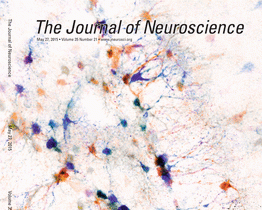 The Journal of Neuroscience is retracting a 2012 paper on how estrogen produced in the brain shapes the auditory system on the basis of “a report from Northwestern University that describes substantial data misrepresentation” in the paper.
The Journal of Neuroscience is retracting a 2012 paper on how estrogen produced in the brain shapes the auditory system on the basis of “a report from Northwestern University that describes substantial data misrepresentation” in the paper.
The paper, “Mechanistic Basis and Functional Roles of Long-Term Plasticity in Auditory Neurons Induced by a Brain-Generated Estrogen,” is, according to PubMed, the last one published by its last (and corresponding) author Raphael Pinaud, and first author Liisa Tremere, who were both at Northwestern University at the time. Before his position at Northwestern, Pinaud held positions at the University of Oklahoma and the University of Rochester.
Pinaud and Tremere jointly published a handful of papers on the role of estrogen in the auditory system of the brain starting in 2009, some of which are co-authored by two of the other researchers on the current paper, which has been cited 8 times, according to Thomson Scientific’s Web of Knowledge.
Here’s the retraction notice:
